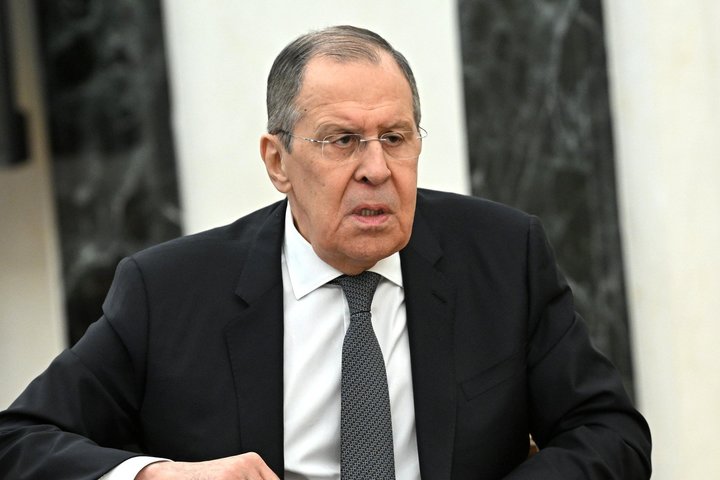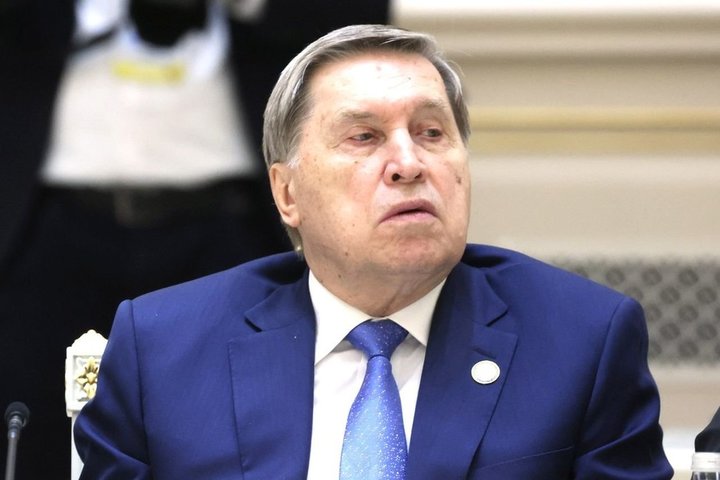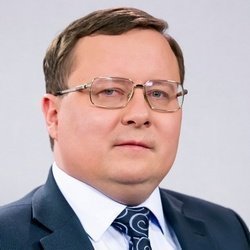Korean Wave: viral K-pop clips to remain in open access?
Whether the geopolitical relations between Russia and North Korea can lead to a ban on South Korean pop culture

The expansion of sanctions and South Korea's statements about its readiness to supply weapons to Ukraine may lead to irreversible consequences for Russian-South Korean relations, the Russian Foreign Ministry warned. Seoul's decision followed Vladimir Putin's recent visit in the DPRK and the conclusion of the Comprehensive Strategic Partnership Agreement. How cooperation with the two Koreas will develop further and whether there will be new attempts to ban the popular modern South Korean culture that has engulfed the whole world and our country — in the material of Realnoe Vremya.
Military alliance of Russia and the DPRK on the peninsula
A new milestone in relations between Russia and North Korea, which came after Vladimir Putin's trip to the DPRK, is associated with defensive tasks and does not promise expansion of economic cooperation. The Comprehensive Strategic Partnership Agreement signed in Pyongyang is aimed at achieving global strategic stability and a new “just international order”, the state-run Korean Central News Agency (KCNA) reports.
The Russian Foreign Ministry was more precise: “The treaty is a kind of warning for those states that probably would expect or plan to solve the problems of the peninsula and the region as a whole by military means," Deputy Foreign Minister Andrey Rudenko said in an interview with RIA Novosti. Then he stressed that the document “is not aimed at undermining the already difficult situation in the Northeast Asia region”. He called the policy of the United States the main source of tension in the subregion, “which, taking advantage of the tension on the Korean peninsula, is constantly increasing its military presence”.
These detailed comments were made on a separate clause in the treaty with the DPRK, which provides for immediate “military and other assistance by all means at its disposal” if one of the states “is subjected to an armed attack by any state or several states and thus finds itself in a state of war”. “Only those who plan aggression against one of the countries can object to this article," Russian Foreign Minister Sergey Lavrov explained on Channel One Russia.

Moscow is against sanctions against Pyongyang
Economically, Moscow is against the UN Security Council's sanctions policy towards Pyongyang. This was stated by Aide to the President of the Russian Federation Yuri Ushakov. “By the way, Russia supports the revision of the indefinite sanctions regime imposed by the UN Security Council against the DPRK," he said. Russia was one of the first states to increase the supply of products to North Korea. The trade turnover between the Russian Federation and the DPRK increased 9 times last year and reached $34.4 million. “Certainly, it will be important to consolidate the positive trends achieved in bilateral trade. In 2023, the trade turnover, according to our statistics, increased 9 times, to $34.4 million," Ushakov told reporters.
At the same time, business relations with South Korea have deteriorated, as Seoul “is crossing the red line, followed by direct arms supplies to Kyiv”. The South Korean Foreign Ministry reacted to the signing of the agreement on strategic partnership between Russia and the DPRK with a note of protest. The head of South Korea announced plans to expand export restrictions against Russia by another 243 positions, as well as impose sanctions on four Russian ships, legal entities and individuals whom he considers involved in the transportation of weapons and oil between Russia and the DPRK.

Ammunition and migrants
How can North Korea be useful to the Russian economy? “They have accumulated a large supply of ammunition for combat operations. This is the most important thing," explained Alexander Razuvaev, an economist, orientalist, member of the Supervisory Board of the Guild of Financial Analysts and Risk Managers. According to him, in exchange for military assistance, Russia can sell oil and petroleum products, which the DPRK needs. Another plus is migrant workers for the Far East.

At the same time, residents of the DPRK came centrally and worked under state contracts, not as they are now travelling from CIS countries to earn money. The conditions of stay were stipulated by a state agreement for the implementation of major projects. The labour compensation was paid in the same way — the money went to the state, and it paid to the employees.

South Korean companies have tried to enter Tatarstan. At first, in 2005 LG International Corp applied to participate in a tender for the construction of a complex of oil refineries and petrochemical plants in Nizhnekamsk, but left without submitting an application. Ten years later, the global supplier of building materials KCC Corporation, which has 12 factories in South Korea, China and Singapore, negotiated cooperation with the republic, and again to no avail. The last chord sounded in 2016, when at the Korean-Tatarstan business forum in Seoul, there was again a call to come to Russia. But it was never answered.
“Will South Korean culture be restricted: dramas, k-pop?"
South Korean pop music, K-pop, has gained incredible popularity among young people around the world, including Russia. At one time, the Gangnam Style track garnered more than 3.7 billion views on YouTube. After that, musical compositions with performers of doll-like appearance began to pack huge stadiums. Korean pop culture has millions of young fans in our country. “It cannot be said that the Korean pop culture has 'covered' all Kazan youth, but many teenagers study Korean in order to listen and understand South Korean TV shows in the original," says Adela Farukshina, a professor of the Korean language at the Institute of International Relations, History and Oriental Studies of the Kazan Federal University.

According to her, many young Kazan residents fell in love with South Korean TV series, and this passion turned into a desire to learn Korean. “Now the Korean language is very popular among young people, especially among teenagers aged 15-16. They like pop culture, so learning Korean looks more like a hobby. For this, they look for tutors. The cost of one hour is from 500 to 3000 rubles," she said. There are a lot of tutors on recruitment platforms. However, how can the aggravation of the geopolitical situation change the market of services in this area?
“Will South Korean culture be restricted in Russia now? Doramas, k-pop, and so on?" Kazan local historian Mark Shishkin, the author of the telegram channel Tsar Kazansky, asks.
This is not an idle question, back in April of this year, the Russia's foreign ministry threatened Seoul to retaliate in response to attempts to abolish Russian culture. “If the mood for the 'abolition' of Russian culture in South Korea continues to gain momentum, we will be forced to think about tangible retaliatory measures. We hope that common sense will prevail in Seoul, unlike in many Western countries," Russian Foreign Ministry spokeswoman Maria Zakharova said.
Nevertheless, most experts are inclined to believe that there will be no ban on doramas and K-pop: “Mass pop culture lives outside politics, so one shouldn't expect resources to be blocked," they say.
There is no noticeable change of course among Korean scholars or translators from Korean. According to teacher Adela Farukshina, there are noticeable language differences between North Korean and South Korean. For example, the first one has preserved ancient historical dialects and almost does not change, while the second one is under the influence of the United States and is replenished with new words of American origin. However, this circumstance does not complicate the work of translators, the teacher believes.